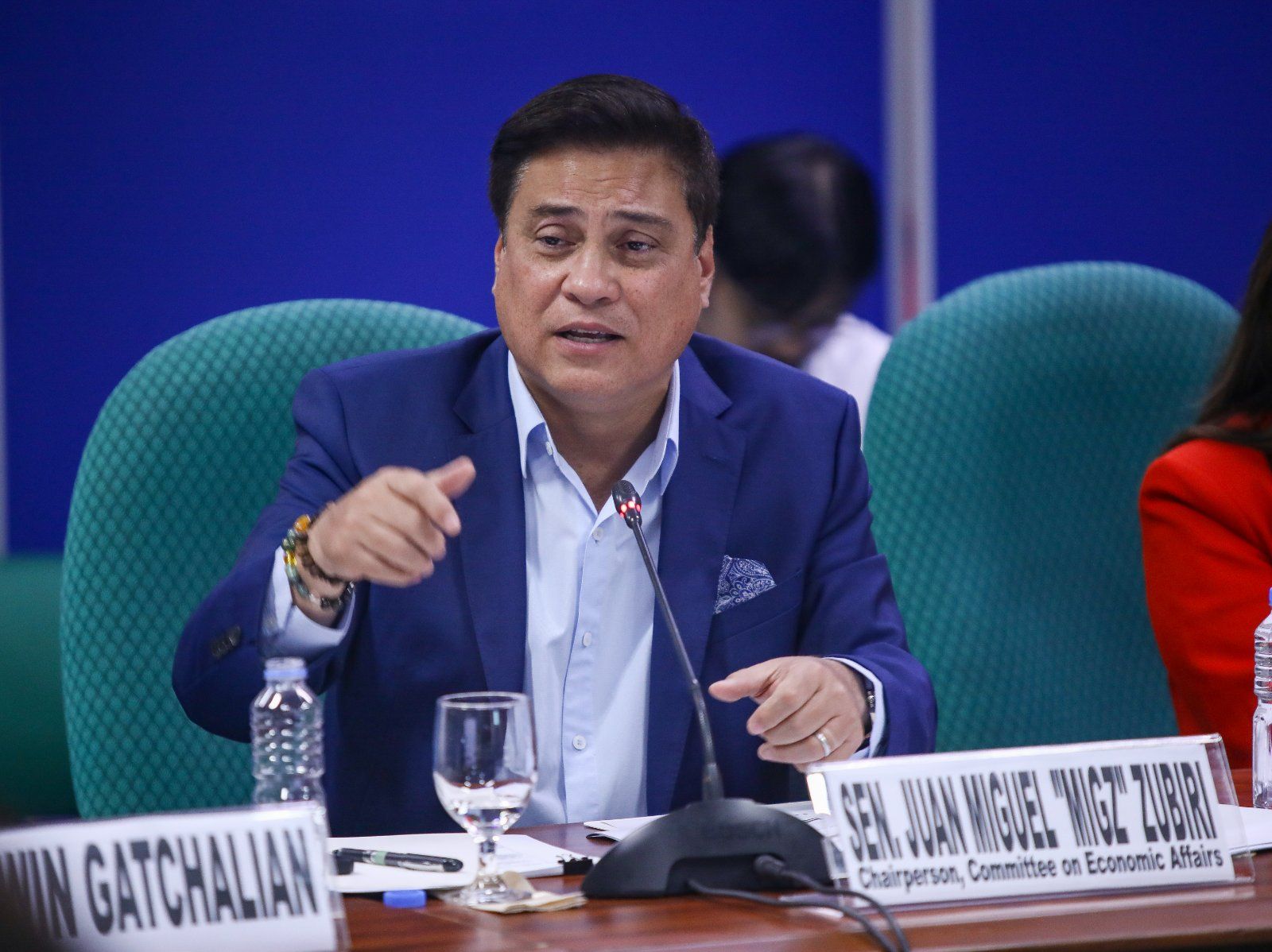POGOs' input to PH economy less than half of 1 percent, NEDA chief says
By Dhel Nazario
Contrary to some fears over its impact, the top official from the National Economic Development Authority (NEDA) bared on Tuesday, July 30, that the contribution of Philippine Offshore Gaming Operators (POGOs) to the Philippine economy is less than half of one percent.

NEDA Secretary Arsenio Balisacan disclosed this during the hearing of the Senate Committee on Economic Affairs after he was asked by Senator Juan Miguel "Migz" Zubiri if the total POGO ban will be harmful to the economy. He said that it is only 0.23 percent to be exact.
"The contribution of POGO in the economy as of 2022, that's the last number we have, is only less than one-half of one percent. That's how small it is. Less than one-half of one percent," he said.
"If you compare that to the potential gains of what we get if we have an environment that is not associated with crimes with all this reputational risk, the gains of the economy could be much higher," he added.
He cited an example that if China completely bans Chinese tourists to the Philippines because of its links to POGOs, the Philippines could easily lose 0.5 to 0.8 percent of its Gross Domestic Product (GDP), which is much higher than what it's gaining from POGO.
"That estimate does not even include yet the loss in investment as may happen with a country having that kind of criminality. Yung risks I said it’s not worth it," he added.
Zubiri said that when he was in Singapore, he spoke with the vice president for Asia of the WYNN Group who has shown interest in putting up resorts in the Philippines but is thinking twice due to the threat of kidnapping.
"Pagbaba mong airport daw, maki-kidnap ka na (Once you arrive in the airport, you will be kidnapped), that’s their perception of what’s happening in the Philippines and I had to contradict him, that it’s a safe country our crime index is going down," he added.
Zubiri also mentioned that President Marcos was right in banning POGOs due to the risk of losing a large tourism market from China who just want to come here to enjoy the country's beaches.
"We will lose millions of potential tourists if they stop coming to the Philippines," he added.
Meanwhile, Senator Joel Villanueva has filed a measure that seeks to repeal the law taxing the Philippine Offshore Gaming Operations (POGOs).
Senate Bill No. 2752 calls for the permanent cancellation of POGO licenses issued by the Philippine Amusement and Gaming Corporation and Ecozones.
POGOs will have 30 days from the effectivity of the proposed law to cease their operations, the measure added.
Failure or refusal of the firms to close operations shall subject the responsible officers to imprisonment of 12 to 20 years or a fine of P100 million or both and will subject the foreign offenders to deportation after service of sentence.
Under the bill, the Bureau of Internal Revenue will have continuing authority to collect the POGO's unpaid taxes even after the repeal of the tax law.
The measure also provides for a Workers' Transition Program to be implemented by the Department of Labor and Employment for the affected Filipino workers to be coordinated with the Technical Education and Skills Development Authority and other relevant agencies.
Villanueva said the POGO ban should lead to the repeal of Republic Act 11590 or the Act Taxing POGO, which was signed into law in 2021.